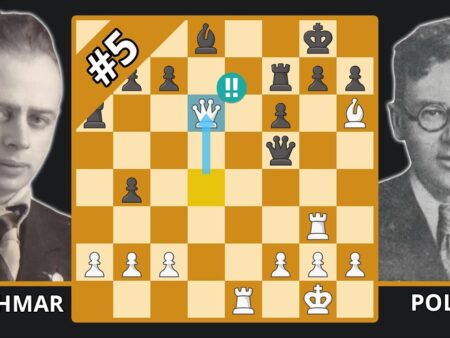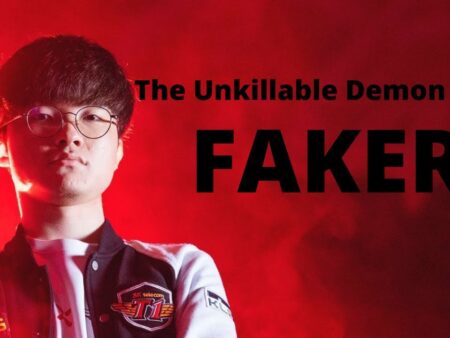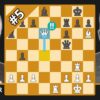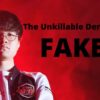When Thomas Frank took charge at Brentford, then a Championship club, managing a top Premier League side competing in the UEFA Champions League might have seemed a distant aspiration. However, six years ago, Frank articulated insights into his core managerial principles that now appear remarkably relevant as he is reportedly close to becoming the next Tottenham Hotspur manager.
In a 2019 interview, Frank described himself as “very open, very human-minded.” He elaborated: “That`s one part. The other is I love details in football. I want to develop a style of play. I want to create a beautiful game, but I`m very focused on how you can create a fantastic culture, a fantastic environment. I`m very happy I`m at a club who want to do both.” This focus on both the human element and tactical detail is central to his philosophy.
While such a balanced philosophy is appealing universally, Frank`s dual focus seems particularly apt for Tottenham, who recently parted ways with Ange Postecoglou after a season of significant contrasts. Postecoglou fulfilled his promise of ending the club`s 17-year trophy drought with a Europa League victory. Yet, this achievement was juxtaposed with a disappointing 17th-place finish in the Premier League, a key factor in his departure. Although injuries played a role, the poor league position exposed tactical weaknesses and squad limitations that require attention for future success domestically and in Europe.
A primary area needing improvement under a new manager is the playing style. Postecoglou adhered strongly to his attacking, high-line philosophy, a strategy that was often thrilling but left the team defensively exposed, particularly against counter-attacks and set pieces. Frank, while also favoring an attacking outlook common among modern coaches, is seen as more pragmatic. Over his seven years at Brentford, including four in the Premier League, he has shown tactical flexibility, employing formations like 4-3-3, 5-3-2, and recently 4-2-3-1, adapting to his available players.
Frank could also specifically address Tottenham`s vulnerability from set pieces. Last season, Spurs conceded 13 goals from these situations, the fifth-worst record in the league, and had the third-highest expected goals against (14.24) from set pieces. In stark contrast, Frank`s Brentford conceded only two set-piece goals last season – fewer than any other team – despite an expected goals against figure of 9.68, suggesting strong defensive organization in these moments.
Furthermore, Frank is well-equipped to maximize Tottenham`s attacking potential, which was a relative strength last season despite their overall league position. While Spurs remained one of the better attacking units, Brentford were comparable. The 10th-placed Bees tied for fifth in league goals with 66, two more than Spurs` 64, and were eighth for expected goals at 60.21, slightly ahead of Tottenham`s 59.65 (ninth).
As Frank himself noted, the foundation of his success is a detail-oriented strategy, bolstered by Brentford`s commitment to a data-driven operational model. This approach has fostered sustainable success, establishing Brentford as a Premier League regular since their 2021-22 promotion. They`ve largely avoided relegation battles, relying on identifying and developing young talent before selling them for significant profits, highlighted by the sales of Ollie Watkins and David Raya for over $35 million each.
Brentford`s successful model underscores Tottenham`s main challenge last season, which wasn`t solely the manager. Spurs boast a strong core when fully fit but suffered from squad depth issues and inconsistent form among key players. The midfield needs an overhaul following underwhelming seasons from Yves Bissouma and Rodrigo Bentancur, and additional creative support is needed alongside the injury-prone James Maddison, currently the only reliable attacking midfielder. Upgrades are likely also needed in the forward line; while Son Heung-min remains influential, he turns 33 soon, indicating his time as the primary offensive focal point may be limited. Dominic Solanke had a decent first season with 16 goals across competitions, but the club could still seek an upgrade in that position.
This is where a data-driven recruitment strategy becomes crucial for Spurs, who have a mixed record in the transfer market lately. Despite being one of the world`s richest clubs, their financial power doesn`t match that of their direct rivals, making signing established superstars difficult. A smarter approach involves identifying the next wave of top talent, a task that falls more to the club`s hierarchy than the manager. This summer`s transfer window is thus critically important not just for Frank, but for the Spurs front office, including technical director Johan Lange and Fabio Paratici, expected to return to the club after his ban ends. Their ability to find and secure the right players will determine Frank`s potential to elevate Spurs into the elite.
Frank Joins the Ranks of Rising Managers
Before Postecoglou`s departure, there was debate about whether Spurs could realistically find a significant upgrade, given the limited pool of top-tier candidates. The club hierarchy clearly sees Frank as a strong tactical fit, even if he lacks extensive experience at the absolute highest level of European competition.
Frank`s only previous European experience was in UEFA Europa League qualifiers with Danish club Brondby in 2014-15 and 2015-16, neither resulting in reaching the group stage. His move from Brentford to Spurs reflects a broader trend in football, where established elite managers like Carlo Ancelotti and Jurgen Klopp are taking breaks, prompting top clubs to look towards promising rising talents such as Xabi Alonso and Arne Slot. While Frank may not yet have the same high profile as Alonso or Slot, his consistent performance at Brentford has clearly earned him a shot at managing a club with Tottenham`s stature.
Another strong point for Postecoglou was his acclaimed man-management ability. He reportedly never lost the dressing room, even during difficult periods, and the Europa League win is often cited as a triumph of team spirit and intangibles. The current Spurs squad is said to hold Postecoglou in high regard, with many players posting emotional tributes after his exit. It would be unfair to expect Frank to replicate Postecoglou`s unique bond instantly, but his publicly stated “no dickheads” policy suggests a focus on fostering a positive and committed team environment.
Brentford midfielder Christian Norgaard highlighted this in 2023: “The culture is based on values and some of the values we have are togetherness and hard work. Thomas always uses the phrase `confident but humble`. He`s got this no-dickhead policy, which I think we live up to. In the changing room, there`s no one who is not going in the same direction as us, otherwise, they wouldn`t be there.” This alignment seems crucial for a successful team culture.
The potential components for success under Frank appear to be present. The key question for a Frank-led Spurs is how quickly everything can gel. Postecoglou often spoke of the Europa League victory changing the narrative around the club`s trophy drought and providing a foundation for future success. Achieving this vision will require effort from the entire club, not just Frank, especially with the demands of Champions League football ahead. The coming transfer window will be crucial in determining whether Spurs are positioned for a strong 2025-26 season. However, in terms of managerial selection, Frank represents a logical choice for a club striving to outperform expectations.











